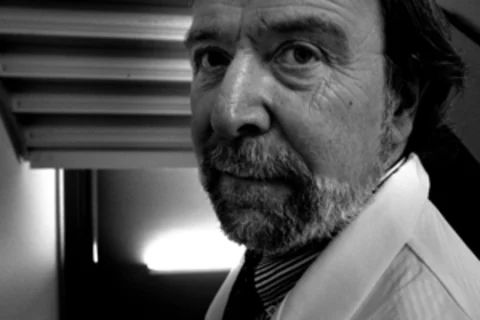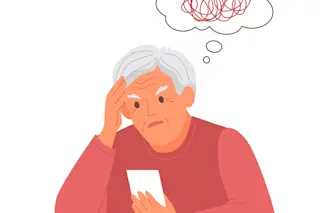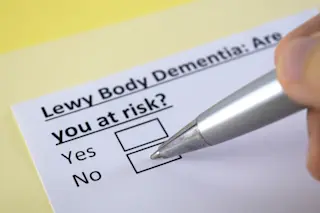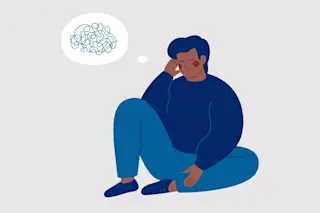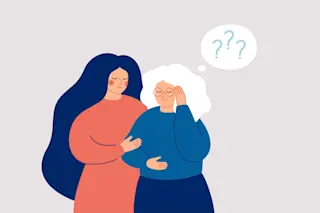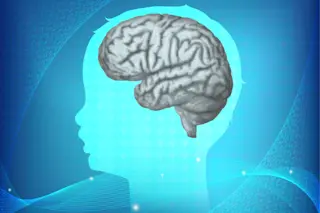Biochemist Peter Davies began investigating Alzheimer’s disease in the 1970s, long before its full impact became clear. By 2030 roughly 7.5 million Americans will have this debilitating neurodegenerative disorder. Already Alzheimer’s costs the country $148 billion a year; we urgently need to find the cause—and a cure. For years the prevailing theory was that memory loss was caused by protein fragments, so-called plaques and tangles, that accumulate in the brain.
Davies, now at the Litwin-Zucker Center for the Study of Alzheimer’s Disease and Memory Disorders in Manhasset, New York, suspects a different culprit. His hunch is that the mechanisms controlling cell division have gone wrong—somewhat like what happens in cancer—and that plaques and tangles are the result. In the quest for answers, Davies has led hundreds of studies and examined more than 6,000 brains.
What is the central mystery of Alzheimer’s? The two main abnormalities of the disease are microscopic ...
